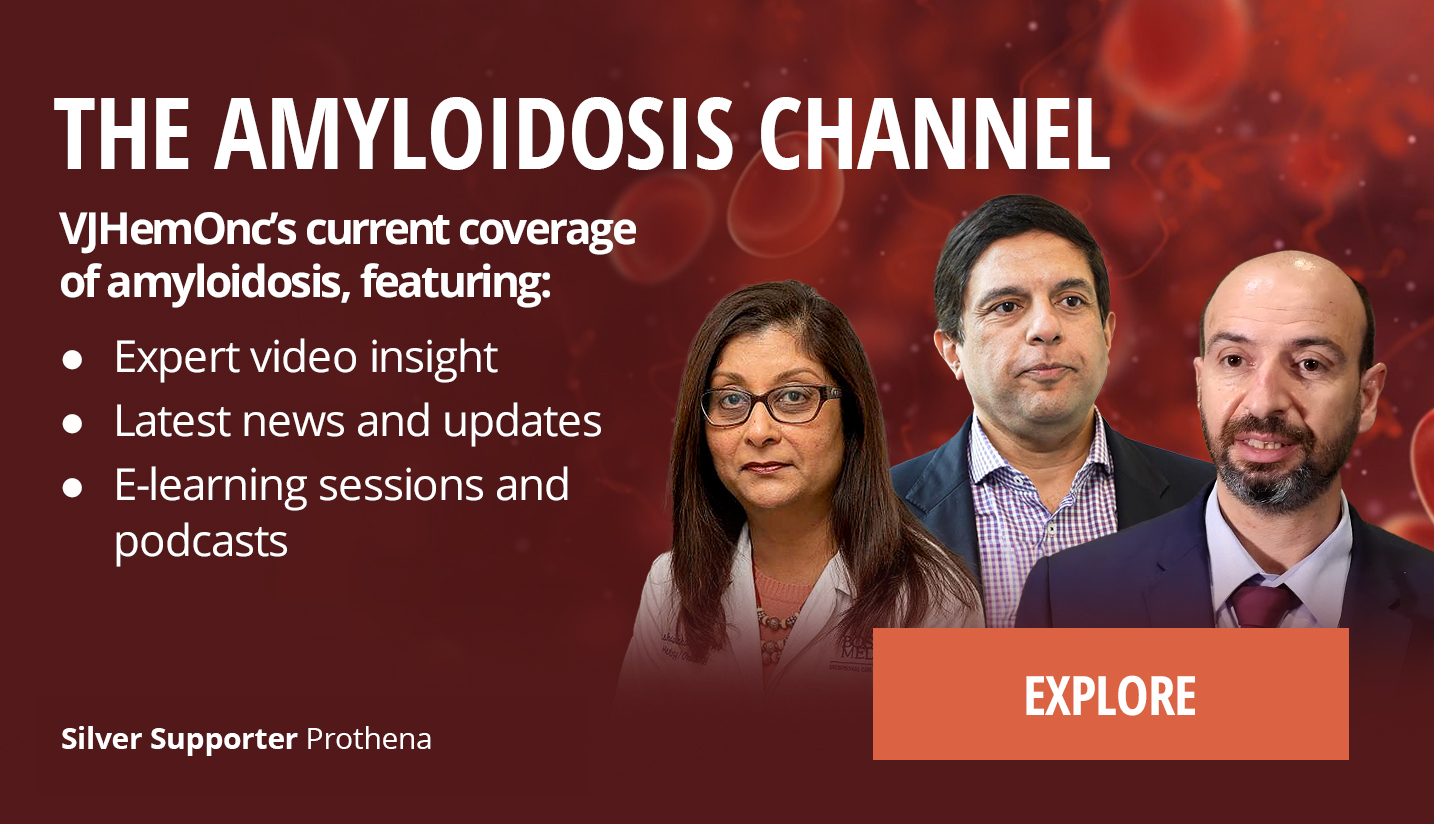This product is an anti-BCMA second-generation CAR-T and we are proud to be the first institute that prospectively treats AL amyloidosis patients with CAR-T. We presented this data before, but now we update on the final results of the Phase I study. We have a Phase I study of this anti-BCMA CAR-T in multiple myeloma, but this study also enrolled a sub-cohort of AL amyloidosis patients, and we treated 16 patients thus far, very advanced patients, vast majority with cardiac involvement, including Mayo stage 3b or 4 amyloid patients with advanced disease, heavily pretreated cohort, almost all triple A refractory, and quite a lot of patients that were previously exposed to an anti-BCMA agent...
This product is an anti-BCMA second-generation CAR-T and we are proud to be the first institute that prospectively treats AL amyloidosis patients with CAR-T. We presented this data before, but now we update on the final results of the Phase I study. We have a Phase I study of this anti-BCMA CAR-T in multiple myeloma, but this study also enrolled a sub-cohort of AL amyloidosis patients, and we treated 16 patients thus far, very advanced patients, vast majority with cardiac involvement, including Mayo stage 3b or 4 amyloid patients with advanced disease, heavily pretreated cohort, almost all triple A refractory, and quite a lot of patients that were previously exposed to an anti-BCMA agent. We first wanted to see if this therapy is safe, and we had no treatment-related deaths and overall manageable toxicity with the reasonable and then known as known before rates of severe CRS. We had no ICANS in this cohort. We saw quite frequently previously involved organs deteriorating during therapy, heart and kidneys, but this was overall manageable with supportive care. And the efficacy was overall very good, with only one patient not responding to therapy, so 15 of 16 responded to therapy. We did see unfortunately cardiac deaths in the first year post-therapy. Some of the patients were in remission again, because this therapy took advanced patients with already severe heart failure, and we think that if it works, and in 15 of 16 it worked quite well in terms of response, and it was a deep response in most of the patients, if we, in the future, will treat patients much earlier with CAR-T, then the patients can enjoy and benefit from organ responses. We did see good rates also of organ responses, but if you take very advanced cardiac patients to this therapy, the benefit is limited, but it is a proof of concept that this therapy is not toxic enough, and toxicity should not withhold this therapy from AL amyloidosis patients, but it probably should be done much earlier. Right after we present this data, it will be also published in JCO today.
This transcript is AI-generated. While we strive for accuracy, please verify this copy with the video.














